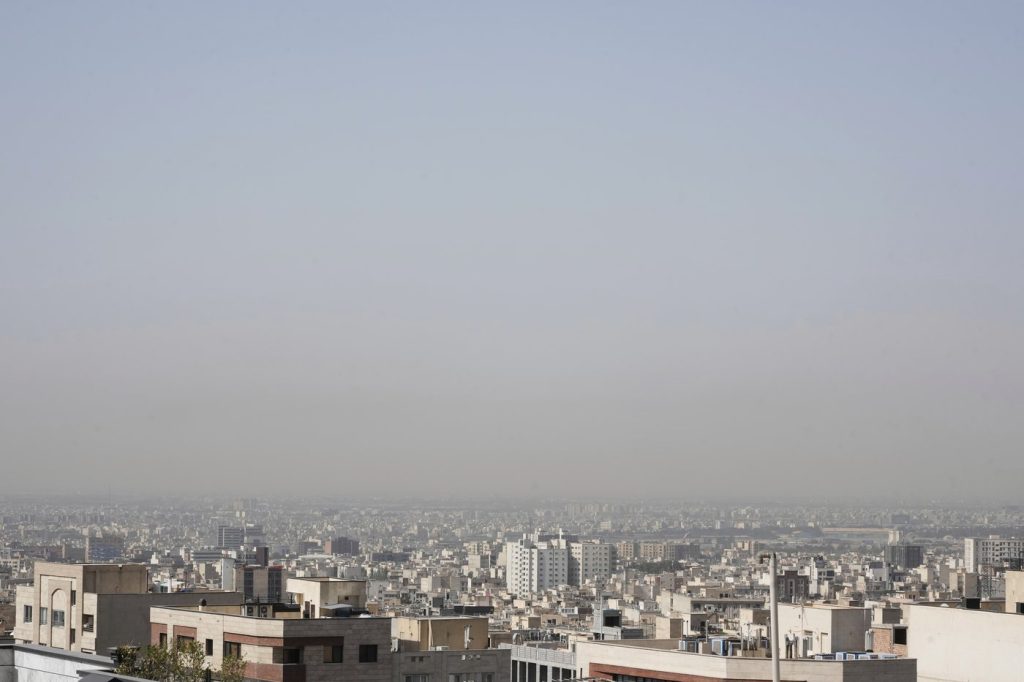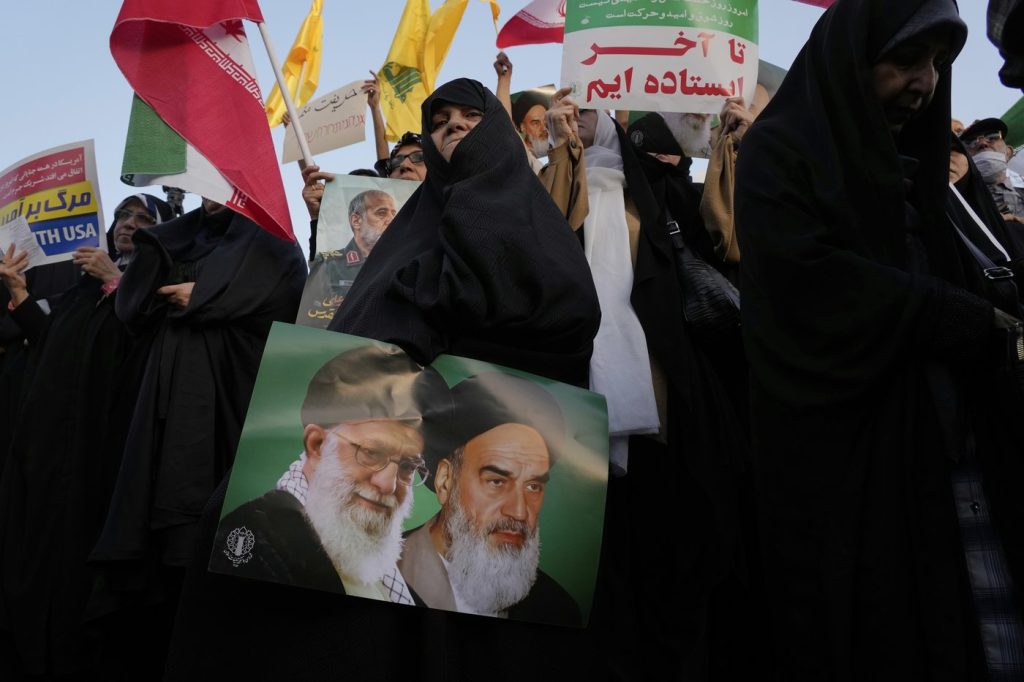Former President Donald Trump announced that Israeli fighter jets would not attack Iran, urging both nations to adhere to a ceasefire agreement. In a post on Truth Social, he expressed his frustrations with both parties, noting that the truce seemed to be faltering. "ISRAEL is not going to attack Iran. All planes will turn around and head home," Trump stated, while also encouraging a friendly "Plane Wave" gesture towards Iran.
This development follows a day of escalating tensions where Israel accused Iran of launching missiles into its airspace shortly after the ceasefire was meant to take effect. Iran's military denied these allegations despite reports of explosions and sirens sounding across northern Israel, with officials claiming that two Iranian missiles were intercepted.
Prior to his comments, Trump indicated to reporters at the White House that both Israel and Iran had violated the ceasefire agreement he had facilitated. "They violated it but Israel violated it too," he remarked, expressing dissatisfaction with Israel's actions during the conflict, which had now lasted 12 days. The hostilities began when Israel targeted Iranian sites, asserting the necessity to prevent Iran from developing nuclear weapons, to which Iran counters that its program was peaceful.
Concerns surged that the conflict might escalate further, especially after the U.S. joined combat operations over the weekend by dropping bunker-buster bombs. Trump had initially brokered a ceasefire following a limited retaliatory strike by Tehran on a U.S. military base in Qatar, which occurred a day prior. While both sides accepted the ceasefire agreement, its durability remains in question.
Israeli officials, including Finance Minister Betzalel Smotrich, suggested that Iran should be fearful given the potential for the war to continue. The Israeli military accused Iran of violating the ceasefire nearly immediately after its commencement, resulting in Defense Minister Israel Katz ordering military actions against Iranian targets to resume.
Despite the claims of each side, details surrounding the ceasefire announcement have created confusion. Trump’s social media post indicated that Iran would cease fire earlier than Israel; however, he later confirmed that the ceasefire was, in fact, in effect. Following accusations from Israel regarding Iranian hostilities, Prime Minister Benjamin Netanyahu confirmed a bilateral ceasefire agreement coordinated with Trump while asserting Israel’s readiness to respond to any violations.
On Iranian state television, it was announced that the ceasefire was operational, with Foreign Minister Abbas Araghchi stating that Iran would refrain from attacking if it was not provoked. Trump’s negotiations involved direct communications with Netanyahu, supported by Vice President J.D. Vance, Secretary of State Marco Rubio, and special envoy Steve Witkoff communicating through various channels with Iranian officials.
Complicating the situation further, previous hostilities resulted in missile barrages targeting Israeli cities, including Beersheba, causing civilian casualties and extensive damage. Reports indicate that Iranian missiles managed to damage multiple residential buildings, resulting in fatalities and injuries among residents.
In retaliation, Iran had launched missile strikes at U.S. military installations in Qatar, although no casualties were reported. Other incidents included drone attacks on military bases in Iraq housing U.S. troops, leading to interception actions by U.S. forces but with no confirmed injuries or claims of responsibility for those attacks.
The ongoing conflict has resulted in significant loss of life, with reports indicating at least 28 Israeli fatalities and over 1,000 injuries. Conversely, Israeli strikes in Iran have reportedly led to 974 deaths, including numerous civilian casualties according to Human Rights Advocates. As the U.S. has begun evacuating American citizens and their families from Israel, tensions across the region remain high.












